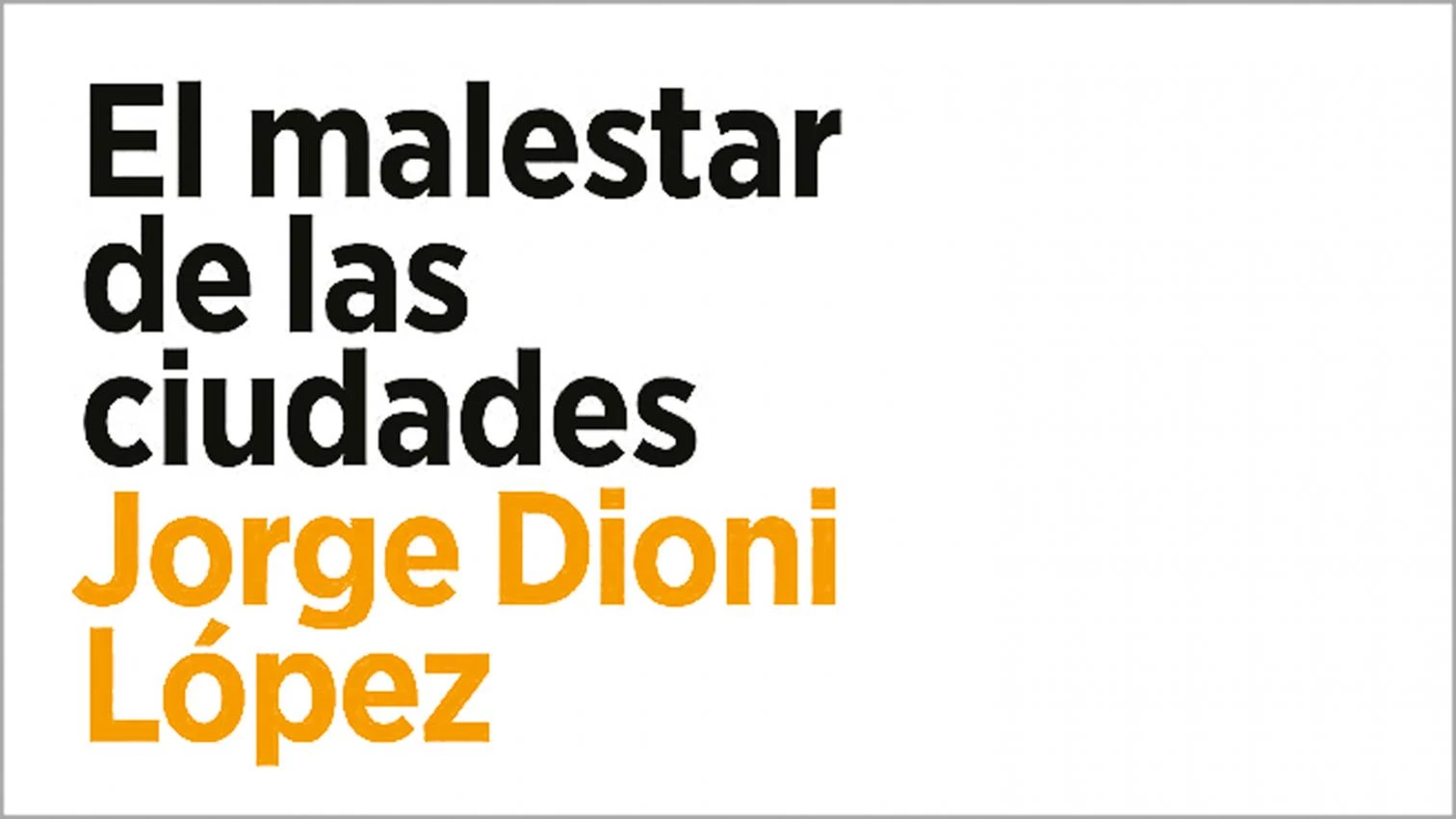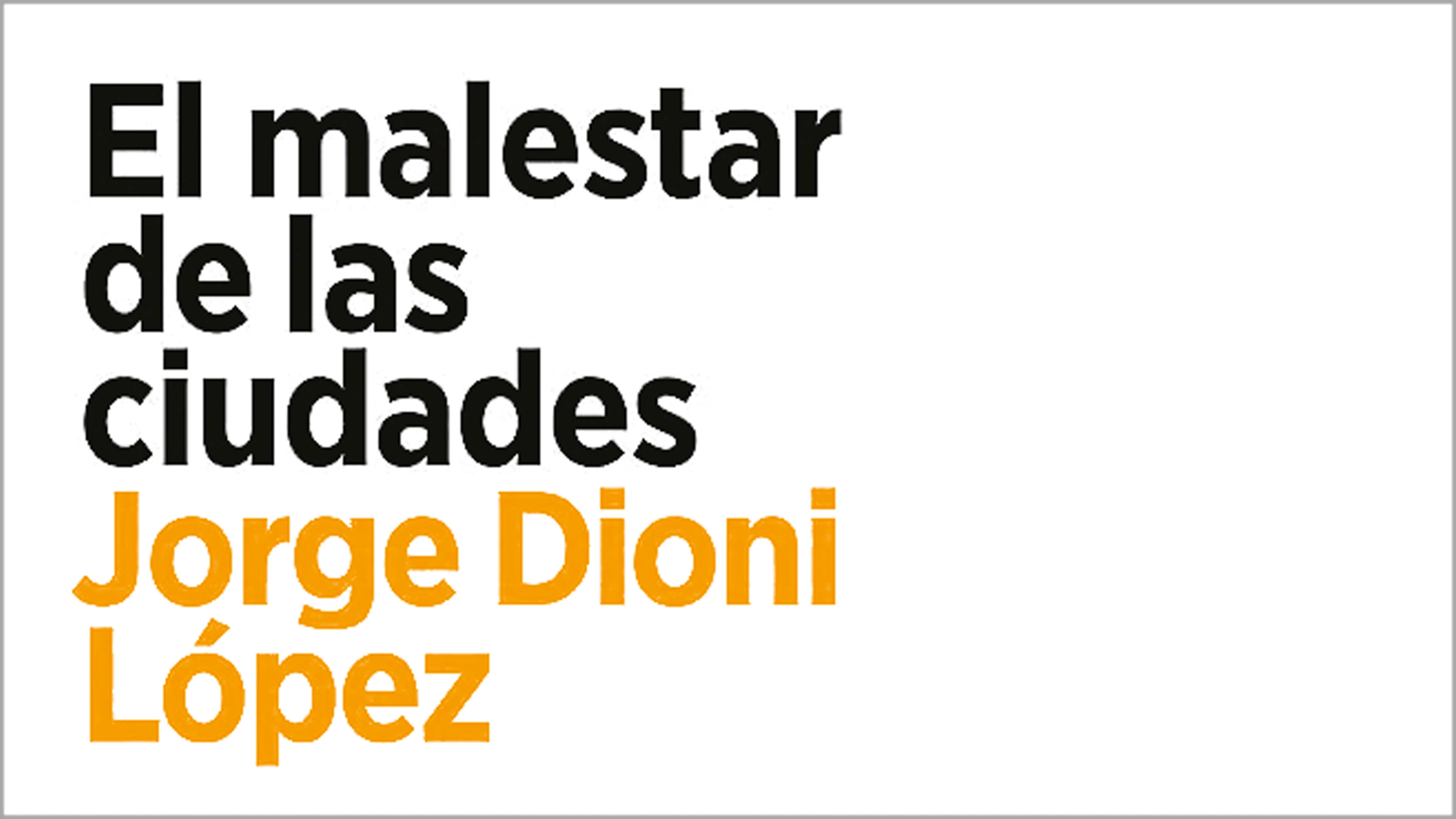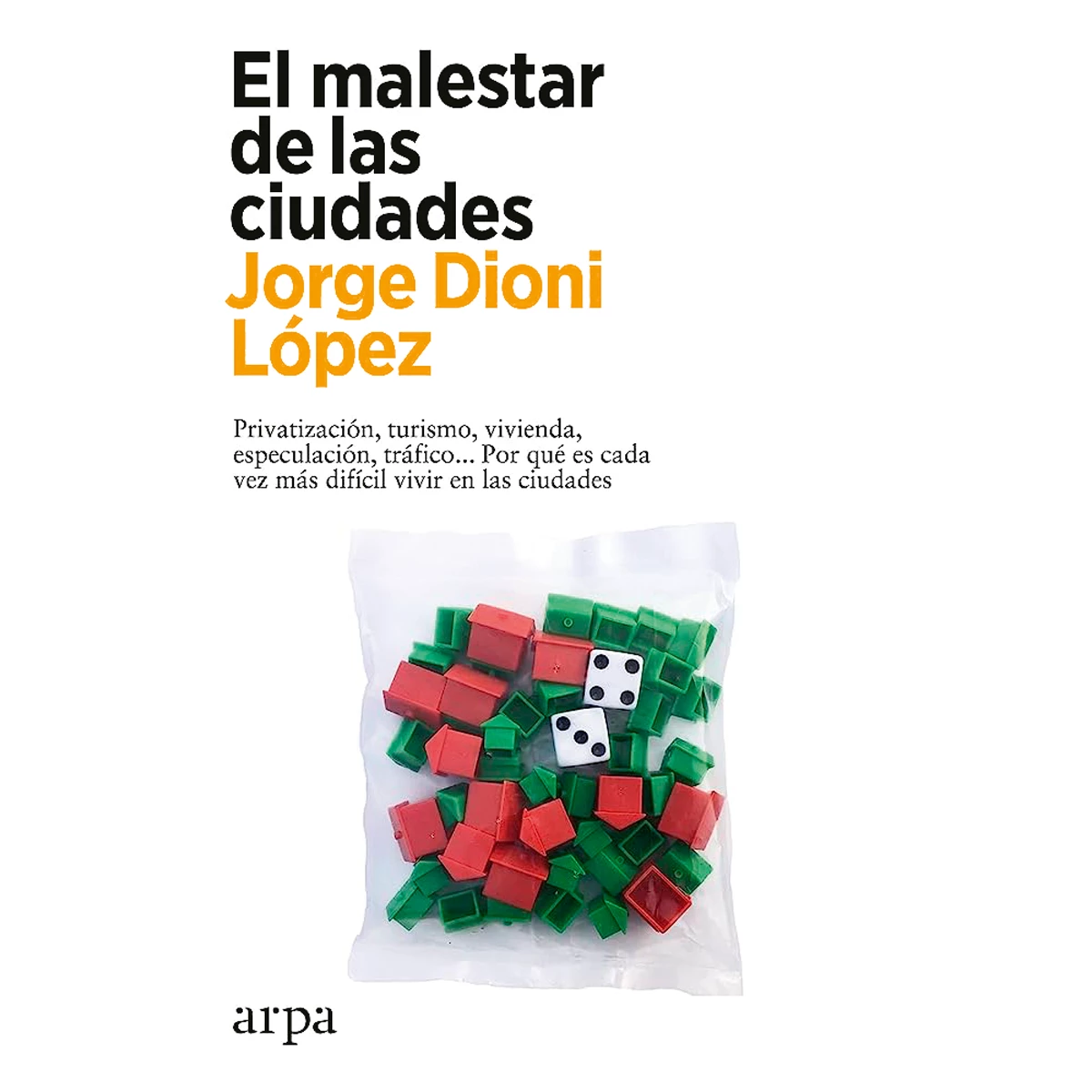
“Our cities are ill.” From Mesopotamian settlements to the medieval city, and especially after the Industrial Revolution, urban cores have altered to accommodate demographic growth and adapt to social advances. But with the exacerbated neoliberal model and the spread of the suburban virus, cities are showing hints of exhaustion and an unexpected anemia, a sign they may have run their course. In the symptom picture, the main disorder is that cities’ prime function is no longer to be livable, but to create added value.
So goes the diagnosis of a book which, after a walk-through of ‘the Spain of swimming pools’ and an explanation of how urban planning forms ideologies, goes from the outskirts to the center to thresh the problems of the contemporary urb. Though there is nothing new in such theses and we have gotten familiar with neologisms like ‘uberization,’ the author scans the ideas of classics like Lefebvre, but also of Harvey or Piketty, alternating examples like Baltimore or Detroit with nearer places like Valencia or Barcelona.
Urbanism is in vogue, and texts proliferate which, after venturing into political agendas, speak of the extenuation of the system. Dioni blames the malaise on a model based on the movement of people, capital, and goods, and on the culture-leisure-consumerism triad, daring a short recipe as epilogue. But the initial affirmation on the health of cities remains valid. Perhaps all this can lead to a science that will enable the city to be, once again, simply a setting for collective life.







